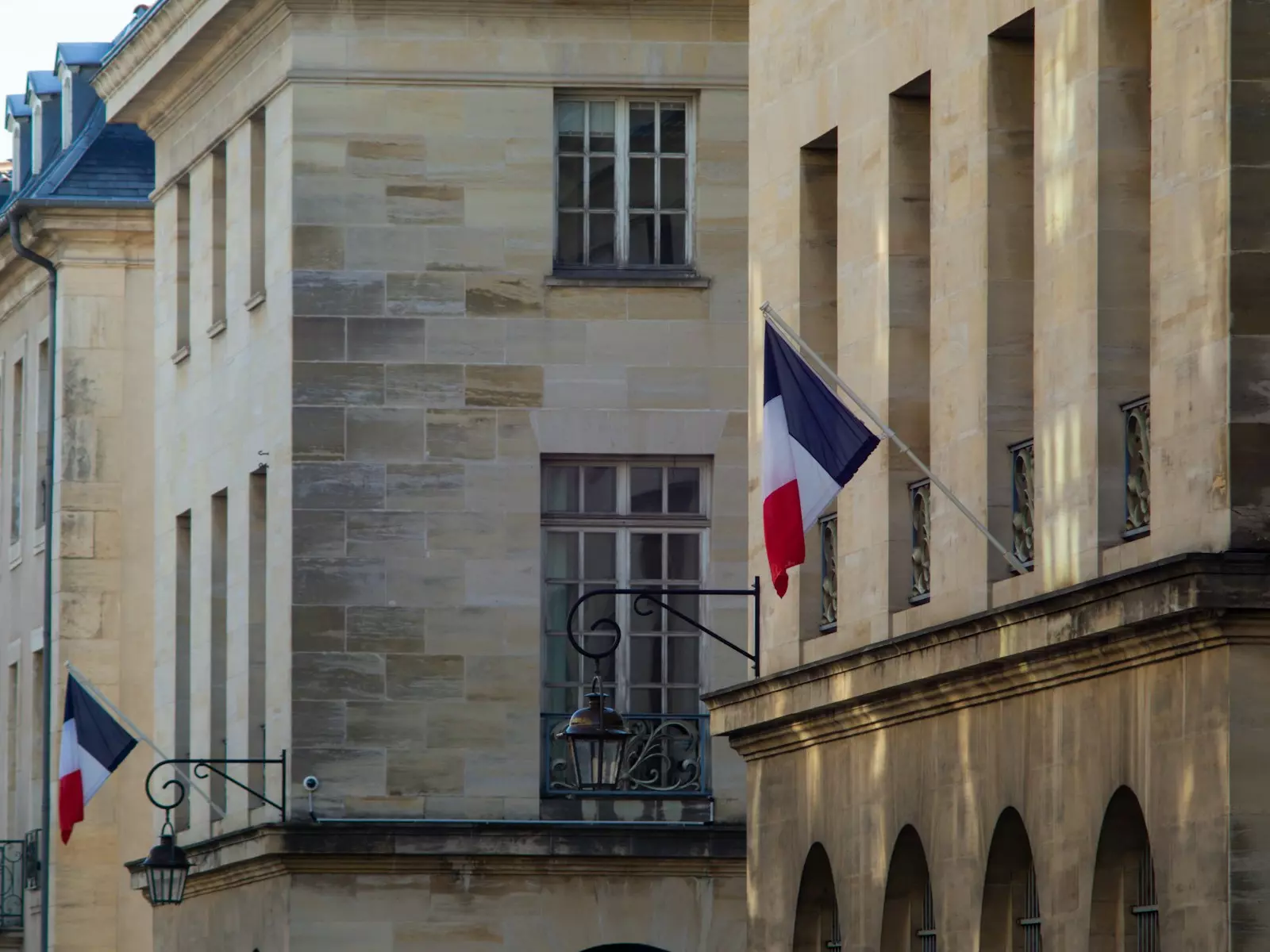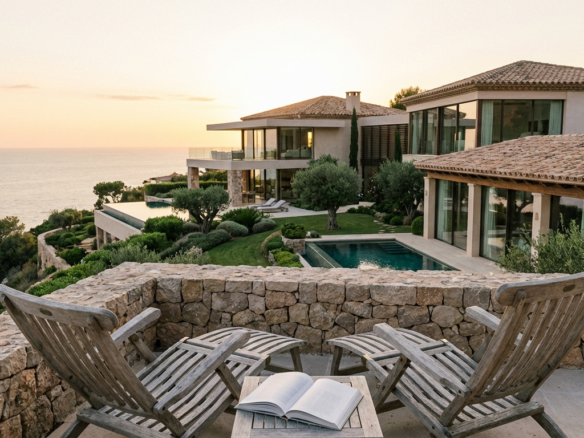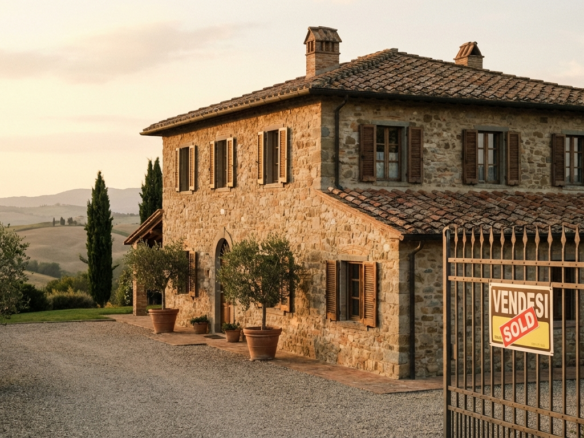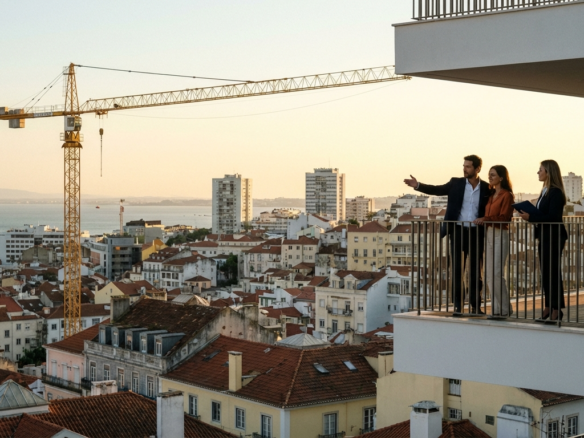France continues to captivate British buyers with its promise of sun-drenched terraces, charming villages, and that enviable lifestyle we all dream about. However, purchasing a holiday home across the Channel involves more than just falling in love with a property listing. From hefty notaire fees to annual taxes that might surprise you, understanding the full financial picture is crucial before you sign on the dotted line.
Get 50% OFF!
Subscribe to our newsletter and enjoy a 50% discount on all listing packages, no strings attached!

The costs extend far beyond the purchase price, and recent changes to French tax regulations mean UK buyers face additional considerations post-Brexit. Whether you’re eyeing a rustic cottage in Provence or a chic apartment on the Côte d’Azur, this comprehensive guide will walk you through every expense you need to factor into your French property dreams.
Understanding the True Cost of French Property
When budgeting for your French holiday home, the purchase price represents just the starting point of your financial commitment. Beyond the property cost itself, you’ll need to account for substantial additional expenses that can add 10-15% to your total investment. These include notaire fees, registration taxes, and various administrative charges that are mandatory parts of the French property purchase process.
The actual property prices vary dramatically depending on location, with prime coastal areas and popular tourist destinations commanding premium rates. Rural properties in regions like Limousin or Auvergne might offer excellent value, while anything within striking distance of the Mediterranean or major ski resorts will carry a significant price premium. It’s essential to research comparable sales in your target area and factor in potential renovation costs, as many French properties require updating to meet modern standards and personal preferences.
Navigating French Property Purchase Taxes
French property purchase taxes represent one of the most significant additional costs you’ll encounter, and they vary depending on whether you’re buying new or existing property. For existing properties, you’ll pay registration tax (droits de mutation) of approximately 5.8% of the purchase price, though this varies slightly between departments. New properties attract TVA (VAT) at 20%, though this is typically included in the advertised price from developers.
The notaire fee structure adds another layer of complexity to your purchase costs. These fees typically range from 7-8% of the purchase price for existing properties and 2-3% for new builds. The notaire acts as both legal advisor and tax collector, handling the property transfer and ensuring all taxes are paid correctly. While these fees might seem steep compared to UK conveyancing costs, they cover a comprehensive service including property searches, tax calculations, and registration with French authorities.
Ongoing Annual Costs You Need to Budget For
Property taxes in France come in two main forms that every owner must pay annually. The taxe foncière (property tax) is paid by the owner and varies significantly between communes, typically ranging from a few hundred to several thousand euros depending on the property’s assessed value and location. Additionally, if the property is furnished and habitable by January 1st, you’ll pay taxe d’habitation (habitation tax), though recent reforms have eliminated this for primary residences and reduced it for many secondary homes.
Utility costs and maintenance expenses form another crucial part of your annual budget. Even if you’re not using the property year-round, you’ll need to maintain basic services like electricity and water, plus consider security systems and regular maintenance checks. Insurance for French properties is mandatory and typically costs between €300-800 annually for a holiday home, depending on location and coverage level. Don’t forget to budget for garden maintenance, pool upkeep if applicable, and the inevitable repairs that come with property ownership, especially in older French buildings.
Tax Implications for UK Residents
Since Brexit, UK residents owning French property face more complex tax obligations that require careful planning and professional advice. You’ll need to declare your French property on your UK tax return, and any rental income generated must be reported to both French and UK tax authorities. France typically takes the primary taxing right on rental income, but you may still have UK obligations depending on your overall tax situation.
Capital gains tax presents another significant consideration when eventually selling your French property. Non-residents face French capital gains tax of 19% plus social charges of 17.2%, creating a total rate of 36.2% on any profit. However, various allowances and reductions apply, particularly for properties held for extended periods. The annual exemption for non-residents is relatively modest, and the calculation method differs from UK capital gains rules, making professional tax advice essential for proper planning.
Essential Legal Steps and Professional Fees
The French property purchase process involves several mandatory professional fees that buyers must factor into their budgets. Beyond the notaire fees mentioned earlier, you’ll likely need independent legal advice, particularly given the language barriers and different legal system. English-speaking lawyers in France typically charge €150-300 per hour, and a full property purchase review might cost €1,500-3,000 depending on complexity.
Survey and inspection costs represent another essential expense, though the French system differs from UK practice. While structural surveys aren’t always mandatory, various diagnostic reports are required by law, including asbestos, lead, termites, and energy efficiency certificates. These diagnostics typically cost €300-800 in total and must be completed before sale completion. Additionally, consider currency exchange costs and potential mortgage arrangement fees if you’re financing the purchase, as these can add several thousand pounds to your overall investment depending on the loan amount and exchange rate fluctuations.
Purchasing a holiday home in France offers incredible lifestyle benefits, but success depends on thorough financial planning and understanding all associated costs. From the initial purchase taxes and notaire fees to ongoing annual expenses and complex tax obligations, the true cost extends well beyond the property’s asking price. The key lies in budgeting comprehensively and seeking professional advice early in the process.
While the expenses might seem daunting, thousands of UK buyers successfully navigate French property ownership each year and enjoy the rewards for decades. By understanding these costs upfront and planning accordingly, you can make an informed decision about whether a French holiday home fits your financial situation and lifestyle goals. Remember that property ownership in France is a long-term commitment, so ensure you’re prepared for both the initial investment and ongoing responsibilities that come with your slice of French paradise.





Join The Discussion